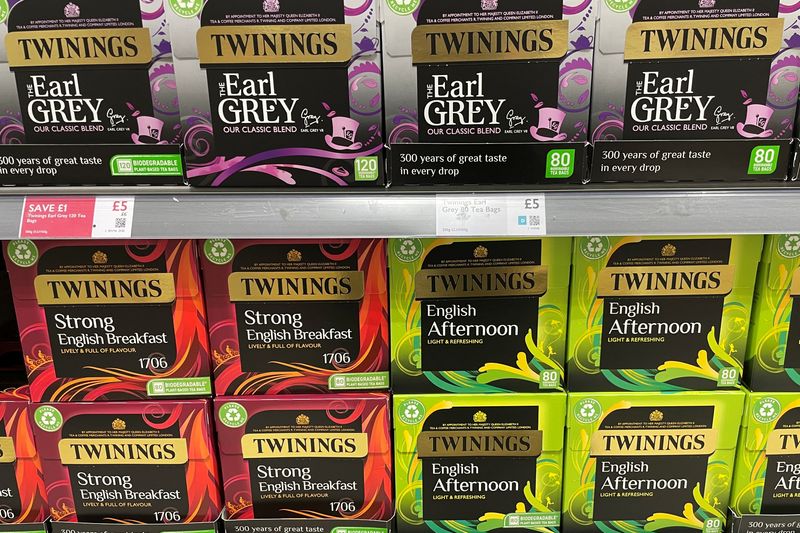By James Davey
LONDON (Reuters) - Primark owner Associated British Foods (OTC:ASBFY) has not done a good enough job of explaining to investors the strategic logic, growth potential and value of its food businesses and must do better, its chief executive told Reuters.
As well as owning the fashion chain, the FTSE 100 group is one of Britain's biggest owners of grocery brands and also runs major sugar, ingredients and agriculture businesses. It operates in 55 countries, employing 133,000.
While over half of the group's annual sales of 20 billion pounds ($25 billion) are generated by the food businesses, they receive disproportionately little attention from investors and the media whose focus is trained on Primark.
George Weston, CEO since 2005, said going forward he would place a greater emphasis on communicating the importance of the food businesses as investors lacked a good understanding of the portfolio, and he plans to say more this year. He is also looking to make more acquisitions.
"It's seen as being a rag-tag collection of unrelated food businesses. It’s not. There’s a lot more method to it than I think parts of the outside world would understand," he said in an interview.
“We have to start explaining it with a bit more purpose."
Weston said that with AB Foods (LON:ABF) predominantly covered by retail analysts, the stock market's focus on Primark was understandable.
“If you’ve been trying to value ABF as a stock since COVID started (in 2020), so much of it has been about Primark’s prospects, from being shut down to not having online capability to supply chains to inflation," he said.
"The big delta (risk metric) in peoples’ valuation model is what you thought about Primark."
Weston said he hoped a return to relative stability in supply chains and inflation as well as less perceived uncertainty about Primark's future meant investors would now look more closely at the food businesses, especially as half year results, published last month, showed them all performing well.
"The stars aligned in this first half better than they ever have before," he said, highlighting profit growth of 39% in grocery.
AB Foods' shares are up 12% so far this year.
CONNECTED BUSINESSES
Weston said the food portfolio was made up of varied but connected businesses which all tapped into common themes.
AB Foods owns what Weston calls "long duration growth businesses", such as Twinings and Ovaltine hot drinks, Mazzetti balsamic vinegar, Patak’s and Blue Dragon cooking products, as well as enzymes, yeast extracts and pharmaceutical ingredients.
These were complemented by "cash generators" such as its Mazola consumer oils business and its retail bakery ingredients business in the United States.
All of the food businesses, Weston said, tapped into the big global consumer trends of increased demand for wellness products, alternative sources of flavour and so called "premiumisation".
Weston said that AB Foods was looking to grow its foods portfolio with small to medium sized acquisitions in the fast moving consumer goods sector in the U.S "where prices have been stupid for 20 years but aren't now," in Australia, and in the speciality ingredients area.
Better engagement may require management to be more transparent, but there are limits, he added.

"I don’t want to tell Walmart (NYSE:WMT) what the margins in Mazola are."
($1 = 0.7967 pounds)